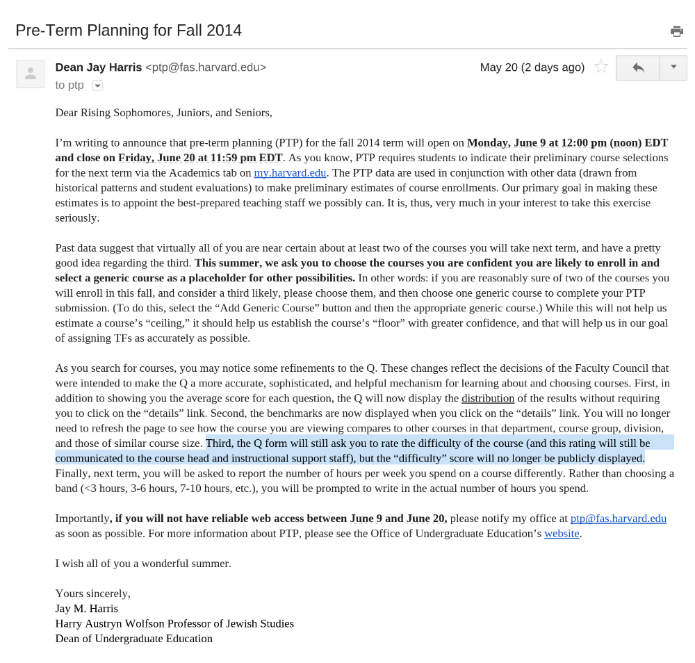Dear Brother: Go Wherever You Want for College
This is part 1 of a 4-part series addressed to the author's brother, discussing the author's perspective on "elite education".
Dear brother,
Congratulations on making it through three years of that purgatory called high school! Soon you'll be getting up close and personal with that great Millenial coming-of-age ritual: the one where you and a few dozen people you've never met conspire to decide what sort of weather and dining hall food you'll be enjoying (or cursing) for four years of your life.
You're going to get a lot of advice on how to navigate the next year or so. Unfortunately, not all of it will be good. One day, I'll try to organize my own thoughts on the matter, but today, I feel compelled to rebut a refrain I've heard echoed far too often recently.
The fundamental complaint is that "elite" education (for some definition) leaves students with empty credentials at the expense of true learning, and that graduating high school students have better options for learning to become citizens of the twenty-first century. I contend that this is mostly stereotype and sensationalism -- at least, my own experience at the elitest of elite schools has been overwhelmingly positive.
I fear you are already familiar with the charges that William Deresiewicz, writing for the New Republic, recently leveled (seemingly indiscriminately) against the whole of the elite-education-industrial-complex:
- that the preparations required for an "elite college" are, on the whole, soul-destroying;
- that the admissions process is completely, hopelessly rigged;
- that the student body is firstly, invariably "entitled little shits", and secondly, enslaved to some abstract myth of excellence;
- that the same students are four



